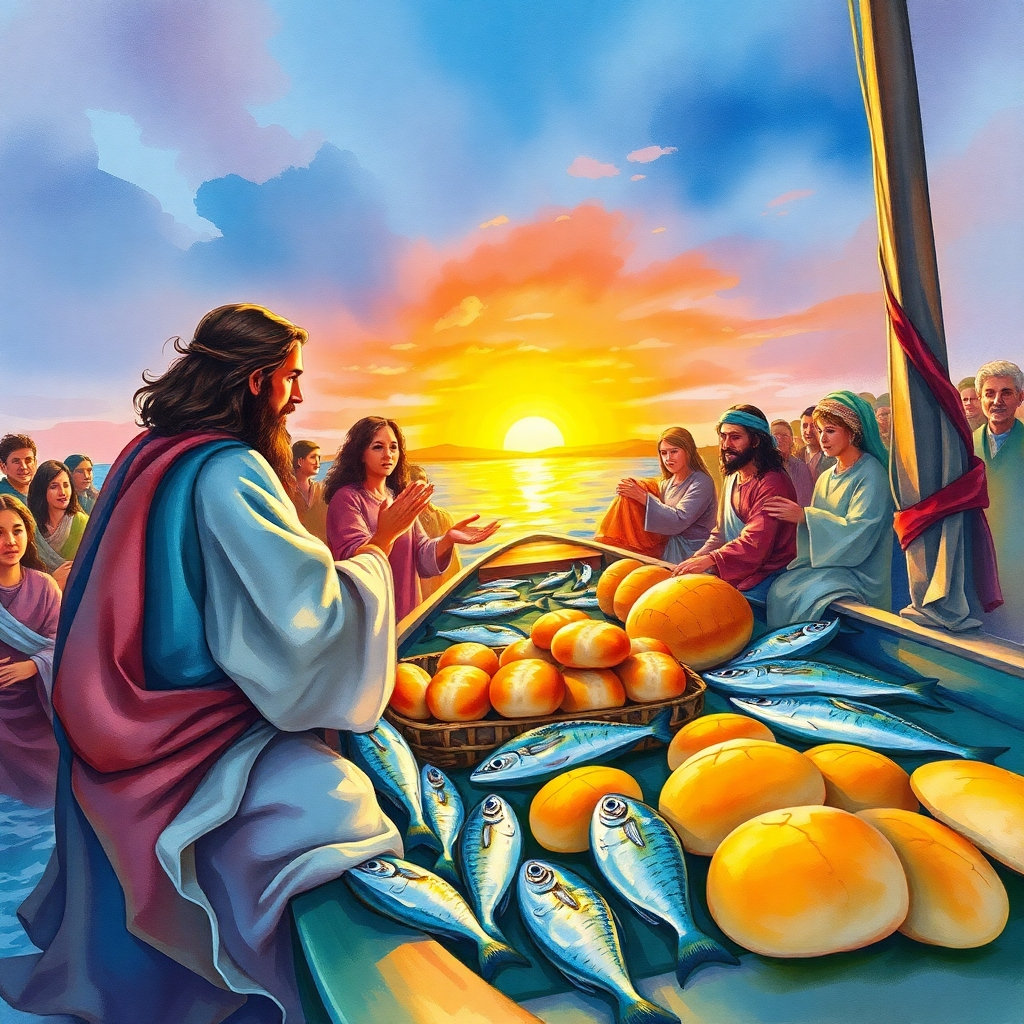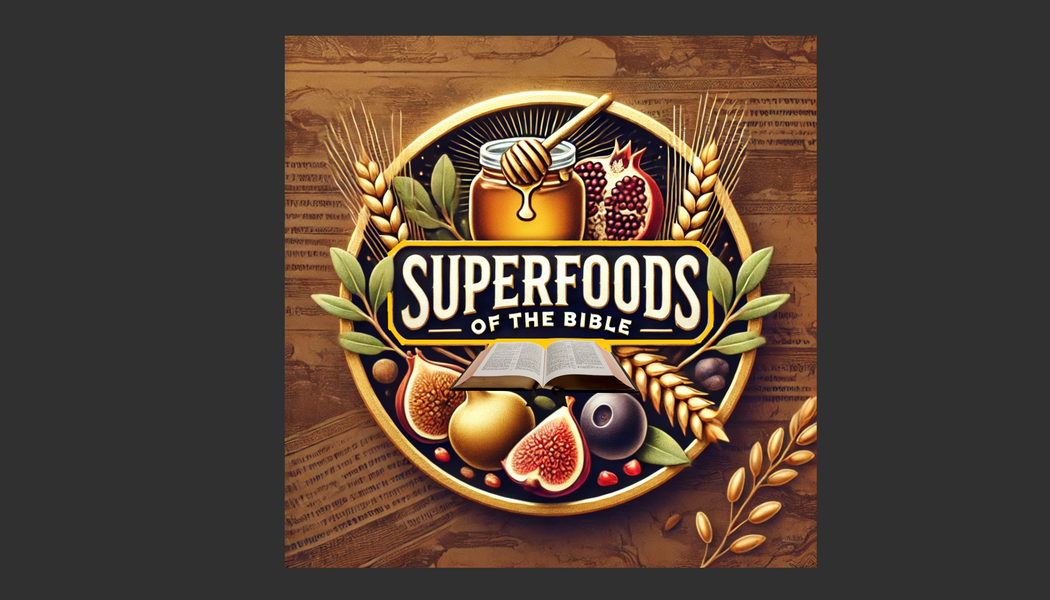Celebrating Biblical Feasts

1. Passover — Leviticus 23:4-8 This feast remembers the last plague in Egypt, when the angel of death “passed over” the children of Israel who applied the blood of the lamb to their doors. The Israelites took a bundle of hyssop and dipped it into the blood in the basin at the threshold.
2. Feast of Unleavened Bread — Leviticus 23:6 This seven-day feast begins on the day following the start of Passover. In the haste of the Israelites to leave Egypt, there was no time to add leaven (yeast) to their bread. During this time, remembering the hardships in Egypt and how God freed them from captivity, the Jews eat nothing leavened. Leaven often represents sin and decay in the Bible. Once incorporated, yeast becomes an inseparable part of the bread; the same is true for sin’s effect on our lives.
3. Feast of First fruits — Leviticus 23:10 The Feast of Firstfruits is one of three Jewish harvest feasts to thank and honor God for all He provided. Although they didn’t know it at the time, the children of Israel were celebrating what would become a very important day.
The priests sacrificed Passover lambs on the 14th day of the month of Nisan, and the first day of Passover was the 15th. The Feast of First fruits was celebrated on the third day, the 16th of Nisan. This “third day” celebration
4. Feast of Weeks or Pentecost — Leviticus 23:16 This feast is the second of the three harvest feasts. It occurs exactly seven weeks after the Feast of Firstfruits, so it’s also called Pentecost which means “50 days.” Traditionally, people were expected to bring the first harvest of grain to the Lord including two leavened loaves of bread.
5. Feast of Trumpets — Leviticus 23:24 In a beautiful declaration God commands His people to rest. During this time all regular work is prohibited, and men and women present a food offering to God.
6. Day of Atonement — Leviticus 16, 23:26-32 To make “atonement” is to make restitution for wrongs committed. As a day of humility and repentance to God, it was a time for the Jews to get their hearts, consciences and lives right before Him. The observance involved the sacrifice of animals as the high priest entered the Holy of Holies. What the high priest did there couldn’t offer more than an annual payment for their sins.
7. Feast of Tabernacles or Booths — Leviticus 23:34 Celebration always follows the Day of Atonement. The Feast of Tabernacles celebrates God’s provision and protection for the people of Israel during their 40 years of wandering in the wilderness. For seven days, people live in temporary structures, just as the Israelites did in the wilderness.
WE HAVE A VIDEO SERIES ON THIS
